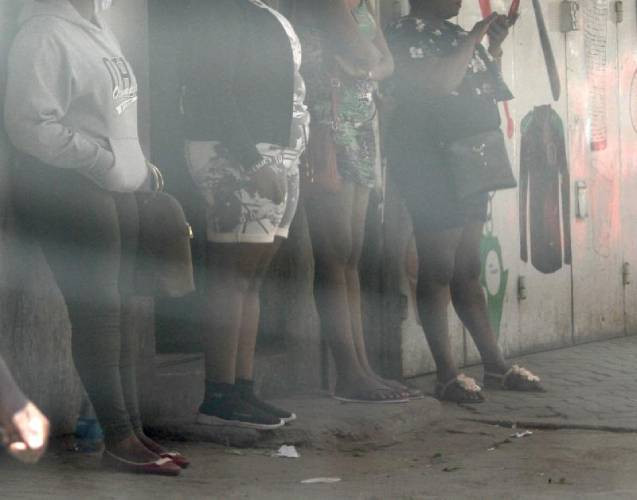×
The Standard e-Paper
Stay Informed, Even Offline

Married women are now engaging in daytime sex work after dropping off their kids at school and punctual in returning home to their families, the government has said.
The National Syndemic Disease Control Council (NSDCC) raised concerns over the increasing prevalence of daytime sex work across the country, at a session with Parliament.